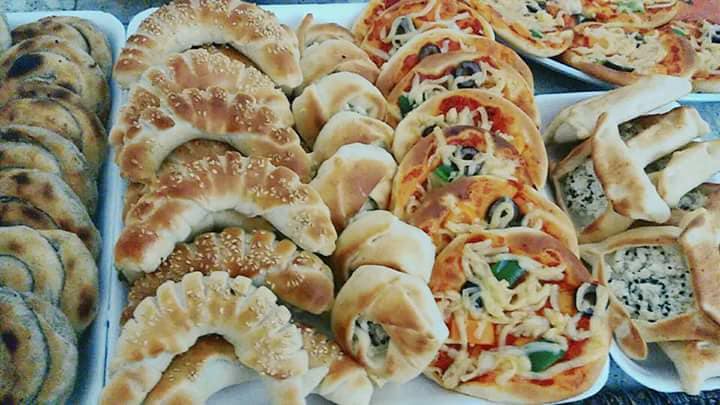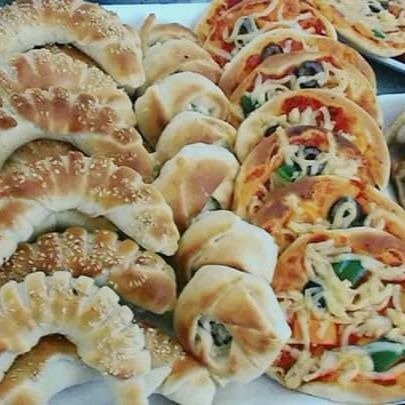Every morning, Randa el-Madhoun prepares meals in her kitchen while her three daughters package them up on the dining table in their Gaza City home, ready to sell to customers.
Madhoun, 43, lives in the El-Nasser district of western Gaza City. Her husband was forced to close his curtain store three years ago due to the harsh economic conditions created by the Israeli and Egyptian blockade. In fact, even Israeli security officials are warning the Gaza economy is on the verge of total collapse, with unemployment the highest in the world (46 percent overall) and nearly 100,000 men in jail due to crushing debts they cannot repay.

Although Madhoun’s husband was able to travel to Jordan to work as a tailor, the money he sends home is not enough to support her family of four children. On her own, she was forced to find another way to earn a bit of money.
"My married daughter, Doaa Awda, suggested starting our own take-out business to help with the shortage of cash," she said, adding that her neighbors encouraged her to pursue the idea.
Awda, 25, works with her mother on the business.
"My husband works as an accountant at a local company and his salary is insufficient for our daily expenses,” Awda explained. “I graduated from university but couldn’t get a job. So, I told my mother about my idea and we started working together."
The women make homemade food such as pastries and cakes to sell to neighbors, friends and other customers. They use social media to market their products.
"At first it was a challenge because many people prefer to buy food at restaurants," Awda said. "Plus, there are the constant electricity blackouts. So, we had to buy a generator, which decreases profits to around $400 a month." Due to the severe fuel shortage, the power is cut in Gaza for up to 18 hours currently.
Still, with an average about five customers a day, Madhoun now can pay her expenses.
Madhoun and her daughter are not alone. Ghadeer el-Gabary, a recent graduate in childhood education from the Islamic University of Gaza, applied for various jobs but failed.
Her experience is typical. According to the Palestinian Bureau of Statistics, among young adults between the ages of 20 and 24, unemployment has reached nearly 68 percent—and an even higher 71 percent among women. University education doesn’t help much. The Palestinian Education Ministry reports that more than 100,000 students graduate from Gaza's universities annually. And yet, in the third quarter of 2017, the unemployment rate among those with post-secondary education was 52 percent.
"I was browsing Facebook one day and found a lot of pages about dessert recipes, so I decided to try making and selling them,” el-Gabary says. “After a while, I received requests for full meals, and so my project expanded. My family paid a lot of money for my education, and baking is not what I had hoped to do. But at least I am earning some money."











